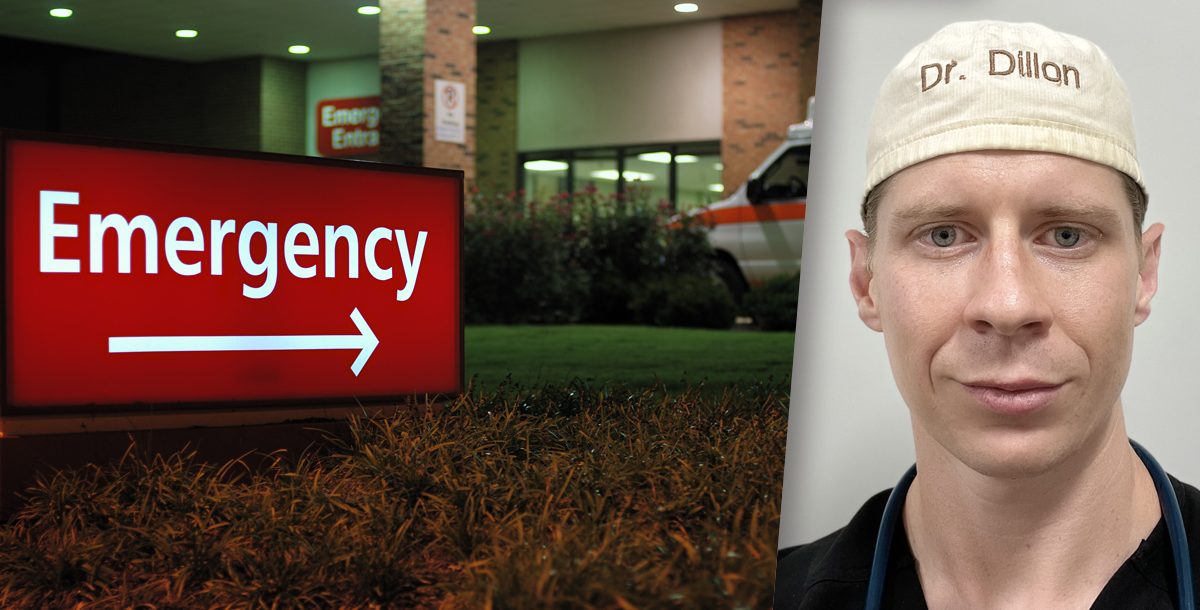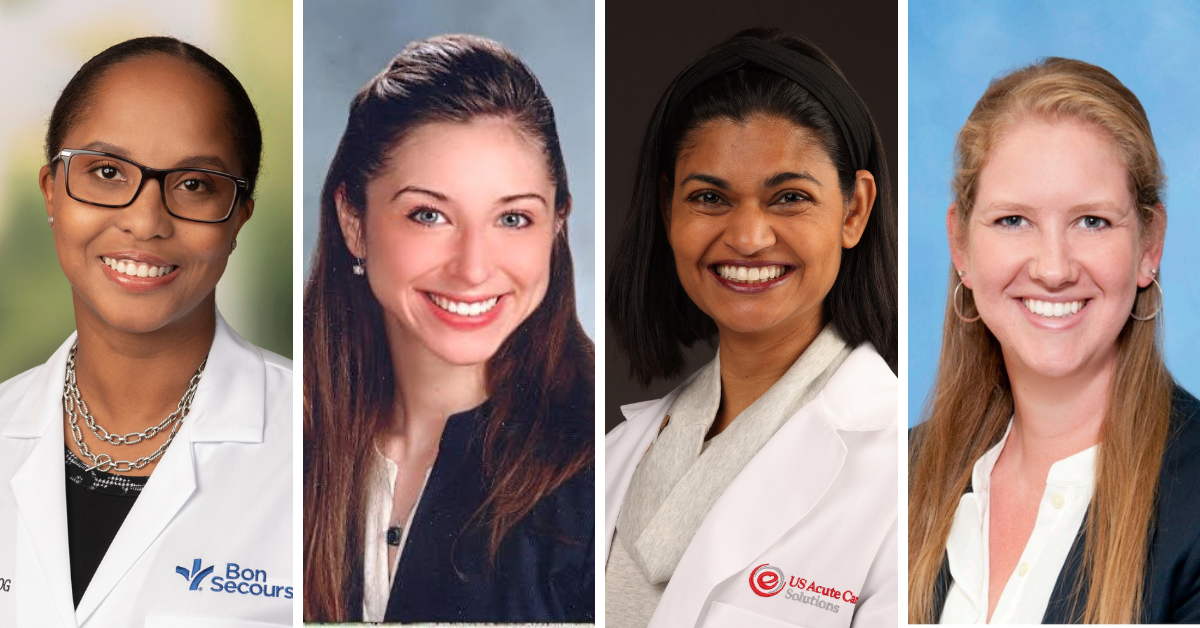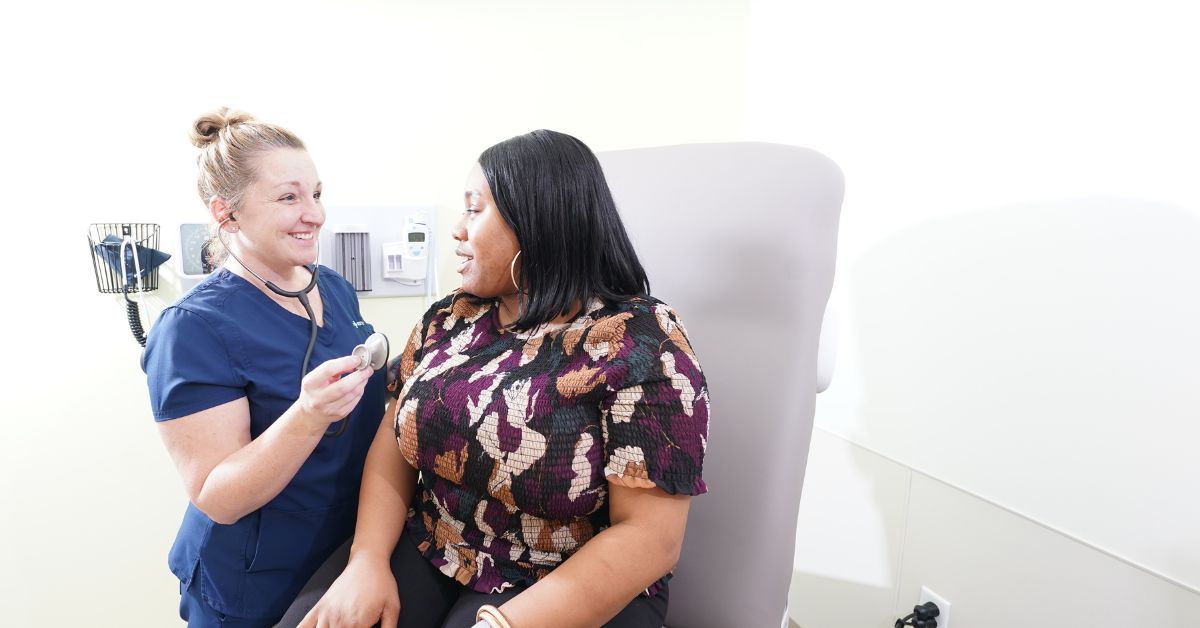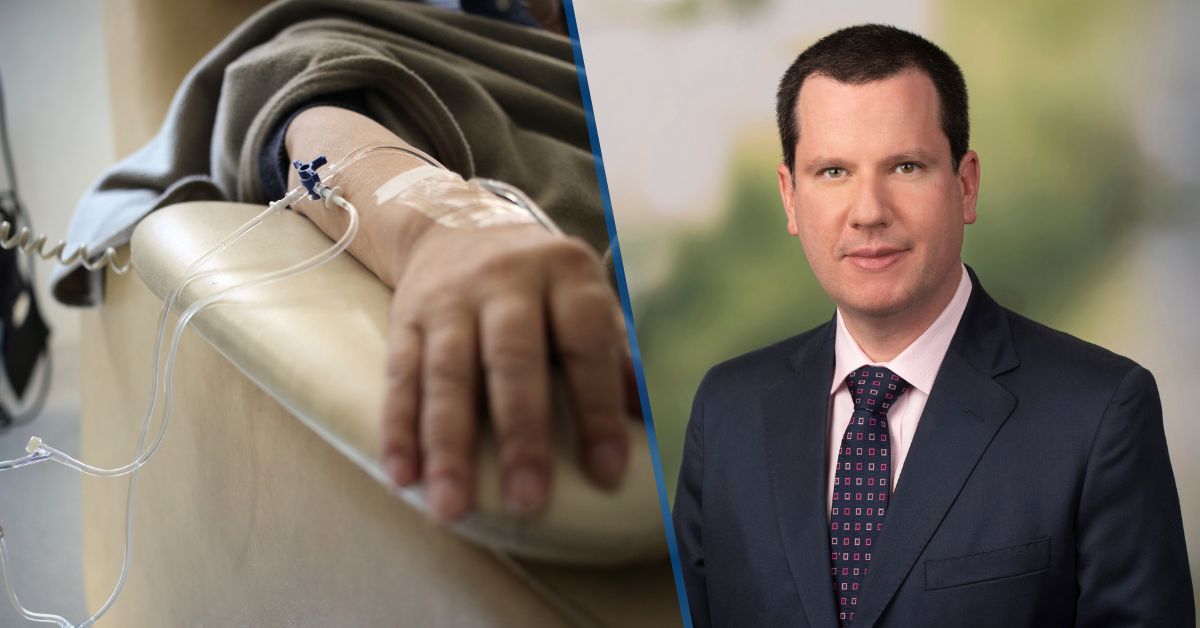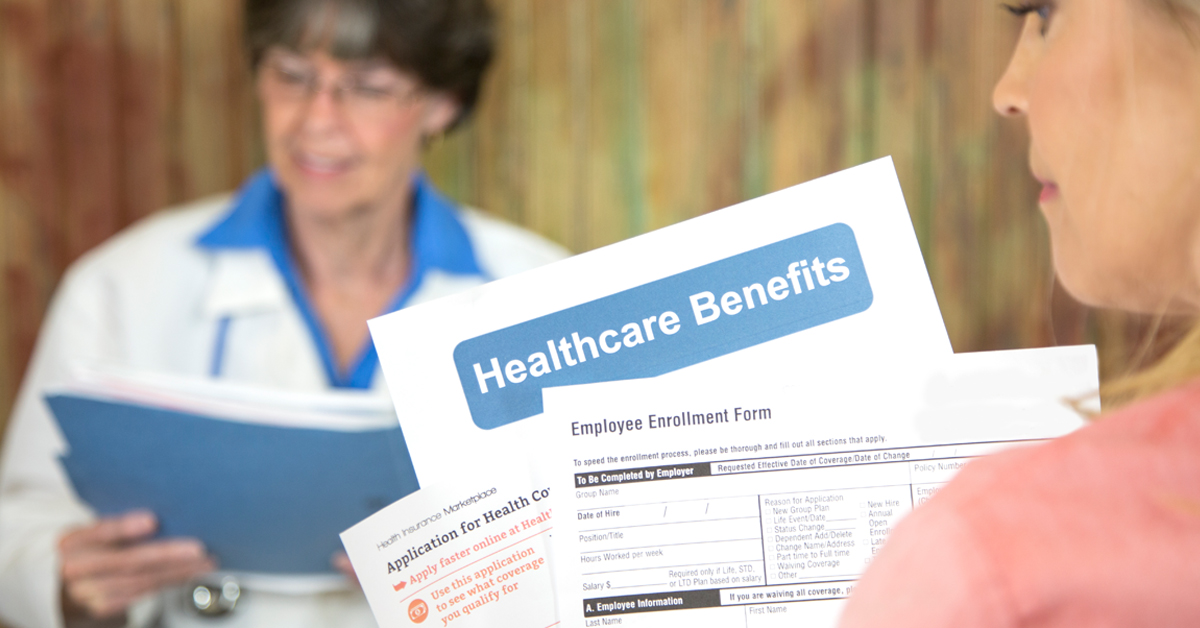During an emergency situation, quickly knowing where to seek medical care in can be daunting. This is especially true today as there are now other emergency care options besides the traditional hospital emergency departments.
We connected with Zachary Dillon, MD, an emergency medicine physician at the new Bon Secours Chester Emergency Center. He was kind enough to discuss freestanding emergency departments and when to seek care at one.
First off, what is a freestanding emergency department?
“The main difference between a freestanding emergency department and an emergency department at a hospital is if your presenting symptoms and/or diagnosis requires hospitalization, then we have to transfer to the main hospital or to a hospital with the needed specialist,” Dr. Dillon explains. “We are capable of performing diagnostic lab testing (blood work and urinalysis) and imaging (X-rays, ultrasounds, CTs and MRIs). We are also capable of initiating treatment, writing appropriate prescriptions and stabilizing life-threatening conditions.”
As Dr. Dillon indicated, if hospital admission is needed, ambulances can immediately transport patients to the hospital affiliated with the freestanding emergency department for direct admission, bypassing the hospital’s attached emergency department.
Did you know our ministry operates four freestanding emergency departments in the Richmond area?
- Bon Secours Westchester Emergency Center serving the Midlothian and Powhatan communities;
- Bon Secours Short Pump Emergency Center serving the Far West End community;
- Bon Secours Chester Emergency Center serving the Chester community; and
- Bon Secours – Colonial Heights Emergency Care serving the Colonial Heights community.
These fully functioning emergency departments simply stand alone from the hospital they are affiliated with. Like you would see in a traditional hospital emergency, the facilities are staffed 24 hours a day, seven days a week with board-certified emergency medicine physicians and an emergency medicine-trained nursing staff. Team members utilize the same state-of-the-art diagnostic equipment as found in our hospitals.
When should I seek care at a freestanding emergency department?
“All of our Bon Secours emergency departments are prepared to treat and diagnose a full range of emergency medical conditions,” Dr. Dillon adds.
Freestanding emergency departments are designed to offer emergency, life-saving care. We encourage patients to seek care at these facilities the same way they would a traditional emergency department.
Conditions you should seek care for at an emergency department include:
- Life-threatening conditions including heart attack symptoms, stroke symptoms and trouble breathing
- Medical problems that come on suddenly, such as fainting, seizures, severe allergic reactions, dehydration or sudden change in vision
- Major injuries including burns, broken bones, dislocations or head injuries
- Severe pain or trauma
- Uncontrolled bleeding
- Poisonings and overdoses
If you feel that you are experiencing a serious or life-threatening medical emergency, do not wait. Seek care at the closest emergency department to you or call 911.
Learn more about the emergency care services we offer at Bon Secours.

